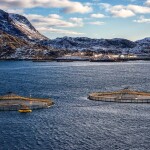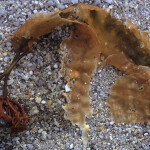U.S. federal lawmakers from the state of Maryland have revealed that USD 3.8 million (EUR 3.5 million) in loan funding has been made available to local meat and catfish processors.
Although Chesapeake Bay fishermen harvest more than 5 million pounds of invasive blue catfish annually, there are only 18 USDA-approved inspection facilities, resulting in a processing bottleneck. The funding announced last week will help local producers expand or establish operations to help cut those processing times.
“Maryland boasts strong agriculture and seafood industries that contribute billions of dollars to our state’s economy while helping feed the region and country,” the delegation said in a joint statement. “But currently, our farmers and watermen are forced to compete against each other for very limited resources when it comes to processing their products, which causes delays that have dire economic consequences. That’s why we worked to secure this federal investment in boosting local meat and fish processing services – which will mean more business for our farmers and watermen, more capacity to get the invasive blue catfish out of the Bay, and lower food costs for consumers.”
USDA funding from the Meat and Poultry Intermediary Lending Program will be provided through the Maryland Agricultural and Resource-Based Industry Development Corporation’s (MARBIDCO) loan program. Loans will be used to help small- and medium-sized Maryland food companies increase their meat and blue catfish processing capacity. Loans will range from USD 200,000 to USD 4 million (EUR 184,000 to EUR 3.6 million) and can be used to purchase processing equipment, cold storage equipment, facilities upgrades, and real estate. As part of the initiative, MARBIDCO will also match equity contributions of approved applicants for up to 10 percent of project costs, with a cap of USD 250,000 (EUR 229,895).
“This investment is an important step forward for Maryland and the bay, and we will continue working to address the root causes of these processing delays to support our local agricultural and fishing industries,” the lawmakers said.
Photo courtesy of NOAA Fisheries







